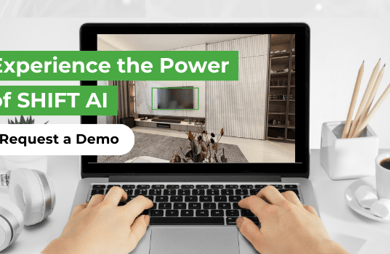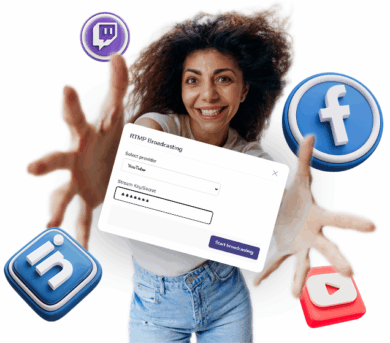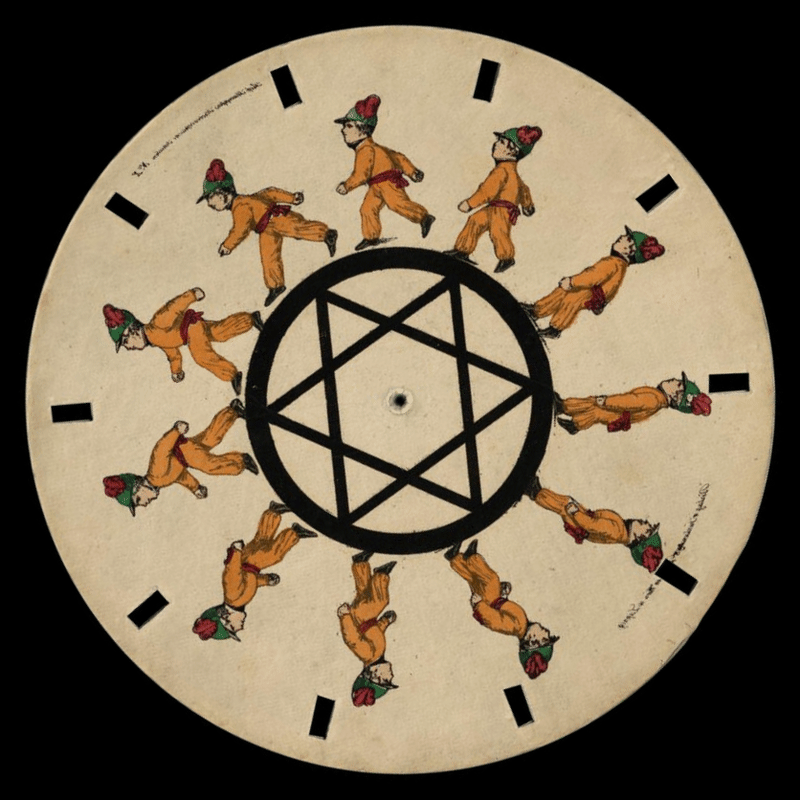Top HR Interview Questions and How to Answer Them Successfully


Introduction
The last stage of the hiring process is usually an HR interview where the recruiters evaluate your personality, culture match, communication abilities and compatibility with the organizational values. It is possible you may have technical rounds successfully, even then, a poor HR interview can result in you not getting the job. It is for this reason that preparation is essential. This guide will list down the 25 HR interview questions you will most likely encounter, plus effective answers that will demonstrate confidence, professionalism, and self-awareness. It does not matter whether you are a fresher or an experienced professional because the responses will make you stand out and help you get your next opportunity. It is time to explore these vital questions and the answers that are optimal.

HR Interview Questions and Answers
1. Tell me about yourself.
Answer:
Start with a brief rundown of your education, work experiences related to it and a couple of highlights of your accomplishments, and a preview of what you would wish to accomplish in where career is concerned. And make it job-specific and short.
Example:
I am a Computer Science graduate recently graduated with 3 years of experience in software development, with most of my experience pertaining to web applications that utilize Java and React. In one of our recent projects I led a team of 4 that resulted in 30 percent performance improvement. I am now seeking to become a lead developer where I may solve more advanced problems.
2. Why do you want to work for our company?
Answer:
Request certain particulars of the company including values, culture, industry leader, projects, or latest innovations that thrill you.
Example:
I like that you are aimed at sustainability and digital transformation. The new cloud migration plan that takes place at your company conforms to my competencies, and I am thrilled by the prospect of getting involved in progressive projects.
3. What are your strengths?
Answer:
Select 2-3 important strengths that apply to the job and give examples to support them.
Example:
I am particular and quick as a learner. At my former place of work, I was able to learn a new framework within two weeks and this facilitated faster delivery of a project.
4. What are your weaknesses?
Answer:
Name a genuine non-critical area of weakness and explain what you are doing to develop it.
Example:
I did not delegate easily before; however, with constant learning to trust other team members and improve communication, I have seen enhanced productivity at the team level.
5. Why should we hire you?
Answer:
Point out your personal skill set and interests and what differentiates you.
Example:
I am a good fit due to my technical skills, project management and a go-getter kind of attitude. I can be a contributor on day one.
6. Where do you see yourself in the Next 5 years?
Answer:
Be ambitious enough to be realistic and in line with the company’s potential.
Example:
My five-year plan would be taking the lead in project management and technically advancing and coaching my juniors.
7. Why are you leaving your current job?
Answer:
Tell the truth but not to be negative. Look at what you want.
Example:
I have gained a lot in my current job but I want to discover new challenges and new employees that would make innovation and development easier.
8. What motivates you at work?
Answer:
Talk about what motivates you – problem solving, working with others, learning, etc.
Example:
I am driven by the aspects of finding a solution to a problem and realizing how my input will help in achieving a meaningful result. I also get motivated when doing teamwork.
9. How do you handle stress or pressure?
Answer:
Register stress-coping mechanisms and instances of previous self-composure in the face of adversity.
Example:
I always make priorities, have short breaks when the work is stressful and organize things. I bite off more effort when meeting challenging deadlines and focus on smaller steps of work.
10. Describe a difficult work situation and how you handled it.
Answer:
Use the STAR method (S – Situation, T – Task, A – Action, R – Result)
Example:
In one project, we really missed a deadline because of a vendor problem. I liaised with the vendor and re-shuffled our internal schedule, which allowed us to bring the vehicle to launch at a minimum tradeoff.
11. Are you a team player? Give an example.
Answer:
Yes. I had to work very closely with QA, designers, and PMs in my previous position. Once I worked extra late to assist the QA team in completing testing in an effort to allow us to meet a release date.
12. How do you prioritize your work?
Answer:
I rely on to-do lists and such apps as Trello. To meet commitment deadlines that do not jeopardize quality, therefore, I assess the urgency and importance of tasks daily.
13. What are your salary expectations?
Answer:
Look into market prices. You can flip the question around on them as well.
Example:
In my experience and against market norms, I would anticipate something between 8- 10 LPA. I can be negotiated based on the total compensation package.
14. What do you know about our company?
Answer:
Research it. Note important products, services, history or values.
Example:
You are doing very innovative things in the fintech space particularly they have been known for this mobile banking platform which just won an award in the industry last year. Great focus on customer support and cybersecurity, I appreciate it.
15. What are your career goals?
Answer:
Discuss short and long-term objectives, with the company.
Example:
My next short-term learning objective is to increase my Python Django and .Net Core for Backend. In the long run, I would like to lead development groups and participate in tech strategy.
16. How do you handle feedback or criticism?
Answer:
I would receive the feedback as an opportunity to improve. The other disputable areas are my documentation since I was receiving feedback when I was doing the previous job and since then I have tried to be clearer and concise with the notes relating to the projects.
17. What are your hobbies or interests outside of work?
Answer:
Share personality or transferable skills through shared hobbies.
Example:
I am into hiking which keeps me active and awake and more focused and disciplined. I also enjoy reading about future tech futures.
18. Have you ever disagreed with a manager or teammate? What did you do?
Answer:
Yes, there was one time when I did not agree on the approach of the teammate. I had an individual consultation to hear them and express my opinion. We compromised and the result was better.
19. Are you open to relocation or travel?
Answer:
Be truthful depending on your circumstances.
Example:
Yes, I am open to a move provided it is necessary to do the job. I perceive it as an excellent chance to mature as a worker and an individual.
20. Describe your ideal work environment.
Answer:
I would prefer to work in a team getting, cradle-to-grave culture where I could be taken to task and expected to innovate and learn continually.
21. How do you manage deadlines?
Answer:
Avoid surprises at the very end, I cut large work into milestones, establish a plan and continually update the stakeholders about the progress.
22. Do you have any questions for us?
Answer:
Ask insightful questions.
Example:
Yes, I would need to know more about the team I would be working with and the metrics of success of this opportunity.

23. What’s your greatest achievement?
Answer:
Automation of a manual report generation system was also one of my most memorable accomplishments; efficiency and its effect were also noticed as the weekly time saved was well over 10 hours and accuracy was enhanced.
24. How do you stay updated with industry trends?
Answer:
I take online courses and webinars and whatnot via GoLogica & LinkedIn Learning, in addition to being subscribed to a ton of newsletters.
25. Are you willing to work overtime or on weekends if needed?
Answer:
Yes, I am sure that I will deliver the results, and I understand that there are certain times when I must work more to make sure that my project is successful.
Conclusion:
HR interviews are not simple talks- they are your key to the door that will help you to create a great impression and help you get your perfect job. This is because after anticipating the top 25 questions, you will be in a position to answer them confidently, clearly and passionately. It is not only about stating the right words but also about demonstrating your personality and compatibility with the culture of the organization. Customize your answers, support them with actual examples and authentically deliver. Once you are properly prepared and are in the right mindset, you will be ready to shine at your next HR interview. GoLogica Best wishes with your professional life!
987



